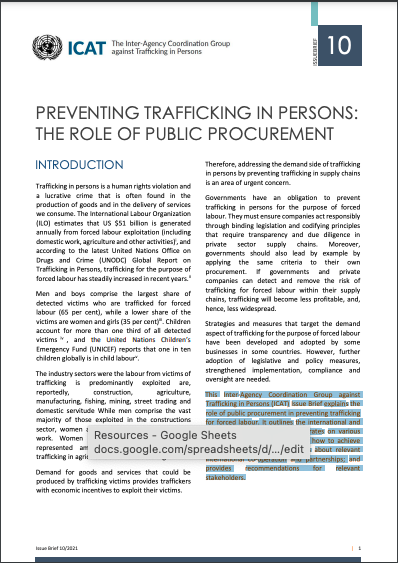National Hotline 2019 Wisconsin State Report
Graphics & InfographicsPublicationsThe data in this report represents signals and cases from January 1, 2019 through December 31, 2019 and is accurate as of July 30, 2020. Cases of trafficking may be ongoing or new information may revealed to the National Hotline over time. Consequen...Read More

